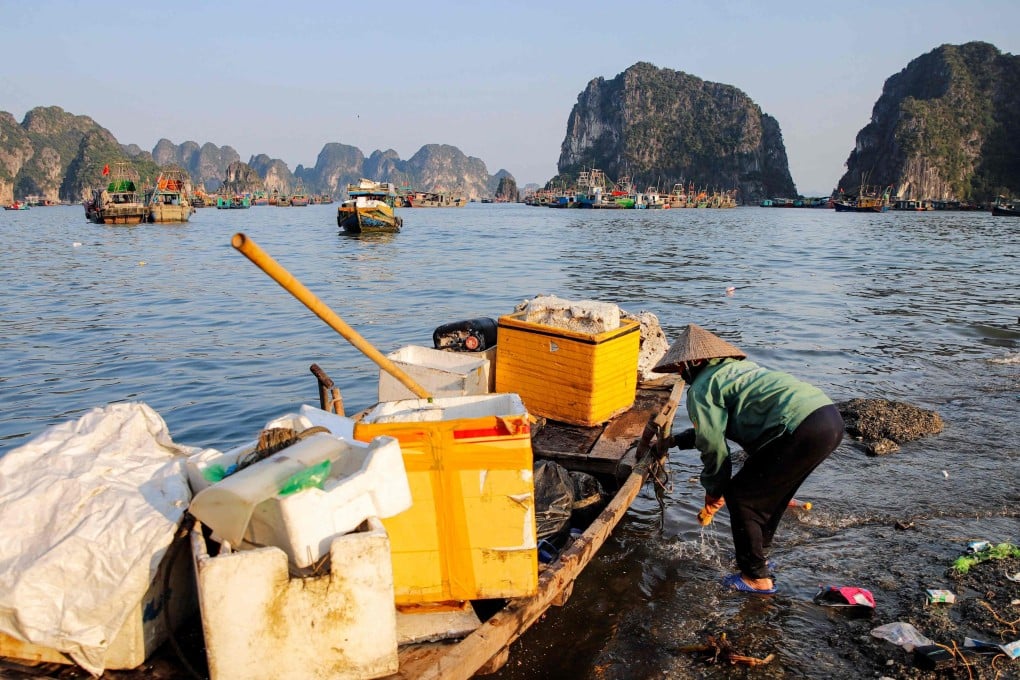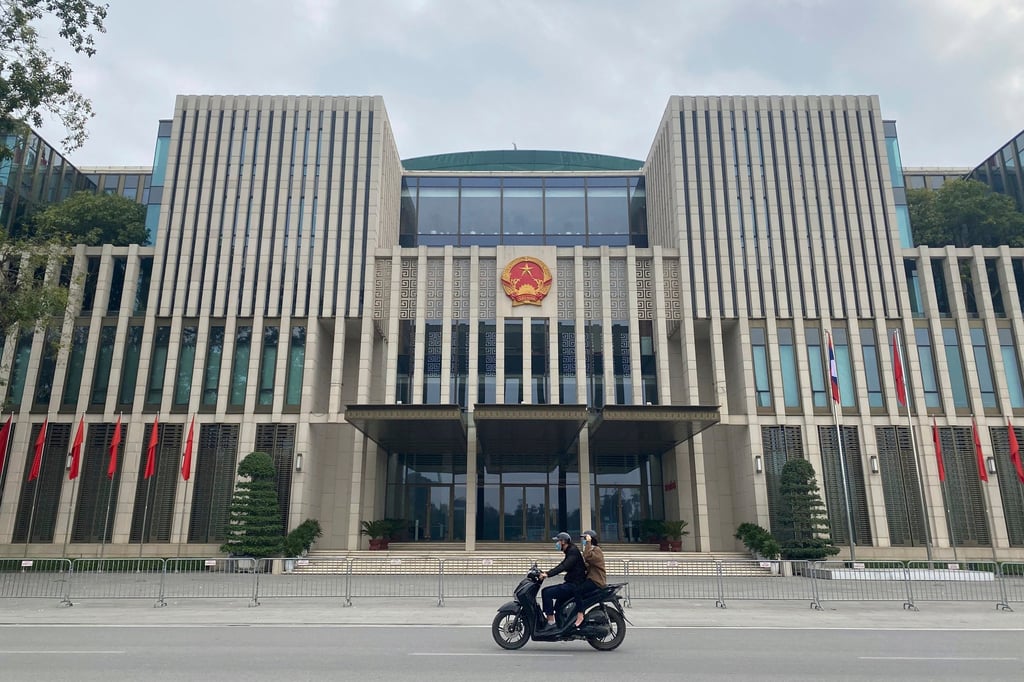Asian Angle | Why Vietnam faces an uphill battle in its war against plastic waste
- Vietnam’s Communist Party has made dealing with plastic waste a ‘prioritised mission’, but its green policies could yet prove unenforceable
- There’s a pressing need for more incentives, not just punishments – and enhanced cooperation within Asean on the issue

Not only does this exacerbate Vietnam’s environmental challenges, but it also casts a shadow over its international reputation as the nation has pledged robust commitments to sustainable dvelopment and the green transition.
The Communist Party of Vietnam has sought to deal with plastic waste as a “prioritised mission”, as specified in its highest-level policy documents. Former Prime Minister Nguyen Xuan Phuc also started a national campaign against plastic waste, employing a narrative often reserved for the country’s most important political missions.

Addressing plastic waste in Vietnam involves navigating complex challenges across three primary sources: industrial production, household consumption, and imported plastic scrap. Each demands tailored policy solutions and presents different challenges.
After the amended Environmental Protection Law came into effect last year, Vietnam became one of the first Southeast Asian countries to enforce an extended producer responsibility (EPR) policy. This regulation requires producers and importers to manage their products’ full life cycle, either through recycling or contributing to Vietnam’s Environmental Protection Fund. By January, EPR is set to apply to tyres, batteries, motor oil, and products using plastic bags, extending to electronics in 2025 and vehicles in 2027.
However, the practicality of enforcing EPR within a constrained timeline remains questionable. It will first require a fundamental shift in the perception of Vietnam as a low-cost manufacturing base with lax environmental norms. This is underscored by the fact that 68 per cent of companies with foreign direct investment in Vietnam were found to be in violation of environmental regulations.
In addition, it seems Vietnam’s EPR policy was brought into effect without adequate consultations with the businesses it affects. This has sparked complaints over exorbitant and impractical recycling fees. Compounding these challenges is Vietnam’s limited recycling infrastructure, capable of processing merely a third of its total plastic waste. Consequently, the EPR policy risks becoming ineffectual – theoretically sound, yet practically unenforceable. In such a scenario, rather than advancing sustainable development, it may devolve into yet another bureaucratic impediment for businesses.

